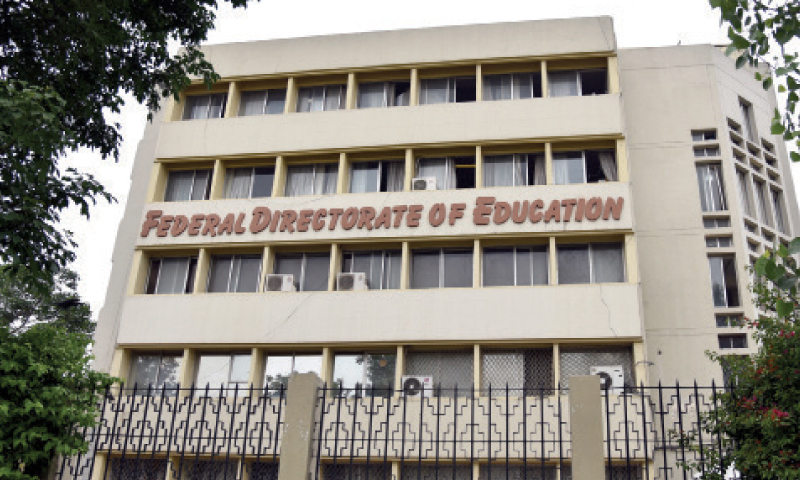By Nana Yaw Prekoh
Copyright ghanaguardian

The Ghana Tertiary Education Commission (GTEC) has ordered the immediate closure of the Royal Nursing College in Kumasi after discovering that the institution had been operating without valid accreditation for nearly four years.
In a directive dated September 12, 2025, signed by the Director-General of GTEC, Prof. Ahmed Addulai Jinapor, the Commission revealed that the private health training institution’s accreditation lapsed on December 16, 2021, and has not been renewed since.
According to GTEC, this regulatory breach renders the college ineligible to function as a tertiary institution.
Background: Growing Concerns Over Accreditation in Nursing Education
This development highlights a recurring issue in Ghana’s health education sector, where several nursing and midwifery schools have faced sanctions for regulatory non-compliance.
Accreditation ensures that institutions meet minimum academic, staffing, and infrastructural standards required to train competent healthcare professionals.
In recent years, both GTEC and the Nursing and Midwifery Council (NMC) have stepped up monitoring efforts amid rising concerns about the quality of training in private health colleges.
The Royal Nursing College, established under the mentorship of the University of Cape Coast (UCC), has been training hundreds of students in nursing and related fields.
However, with its accreditation expired since 2021, questions now arise about the legitimacy of certificates awarded to students admitted within this period.
The Directive and Requirements
The shutdown order followed a meeting on August 28, 2025, involving representatives from GTEC, NMC, the Ministry of Health’s Health Training Institutions Unit, and the college’s management.
At that meeting, regulators identified several deficiencies, including inadequate documentation on staffing and lapses in compliance with academic standards.
Per the directive, the college must:
Cease operations immediately, including suspension of all academic activities.
Stop new admissions, preventing fresh intakes until full accreditation is restored.
Work with UCC, its mentor institution, to develop a teach-out plan for students enrolled between 2021 and 2024.
This plan is expected to safeguard the academic future of affected students.
Submit verifiable documentation of staff, including appointment letters, CVs, and proof of remuneration, to establish the legitimacy of its teaching and administrative personnel.
A joint verification visit by GTEC and the NMC will be conducted after the college addresses the identified gaps. Only then will restoration of accreditation be considered.
Implications for Students and the Sector
The immediate closure has thrown the academic journey of many nursing students into uncertainty.
Those who enrolled after the college’s accreditation expired in December 2021 face the risk of their qualifications being deemed invalid unless the teach-out arrangement with UCC is approved and recognized.
Stakeholders in the health sector have long raised alarm about the mushrooming of unaccredited training institutions, warning that substandard education for nurses and midwives poses a serious risk to Ghana’s healthcare delivery system.
A Call for Urgency
In its directive, GTEC stressed that the matter must be treated with the “utmost urgency and seriousness it deserves.”
The Commission emphasized that accreditation is not a mere formality but a safeguard to protect students, the nursing profession, and the patients who depend on competent healthcare providers.
The Royal Nursing College now joins a growing list of institutions sanctioned by GTEC in its renewed crackdown on regulatory violations in tertiary education.
Just recently, the Commission halted admissions into certain postgraduate programmes at other institutions, signaling a no-compromise approach to quality assurance in higher education.



